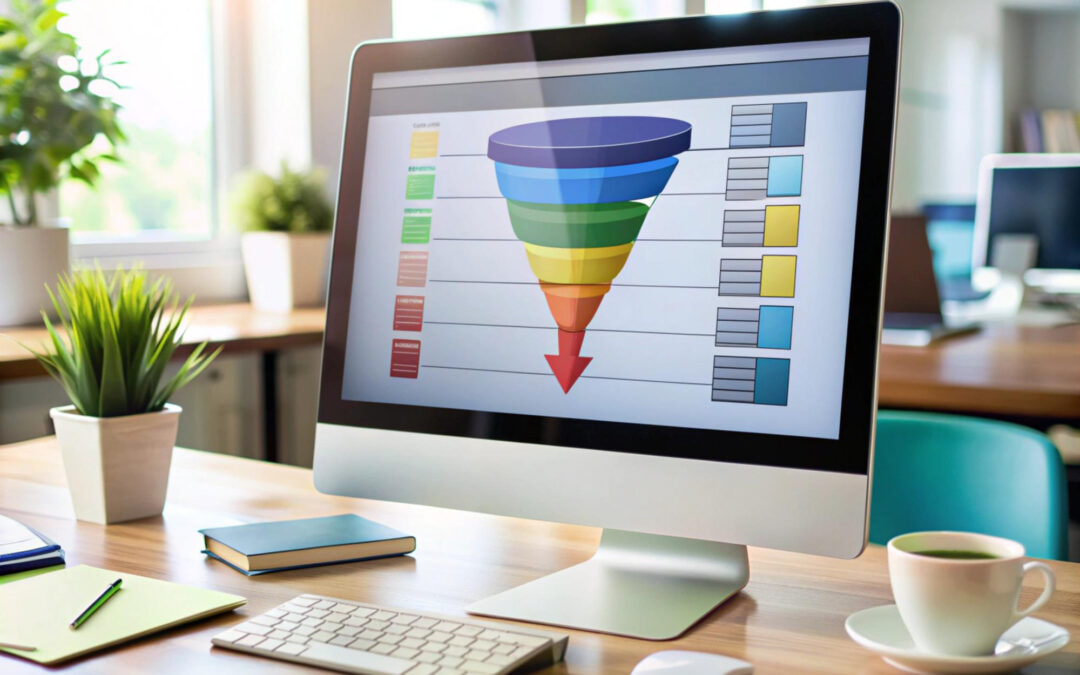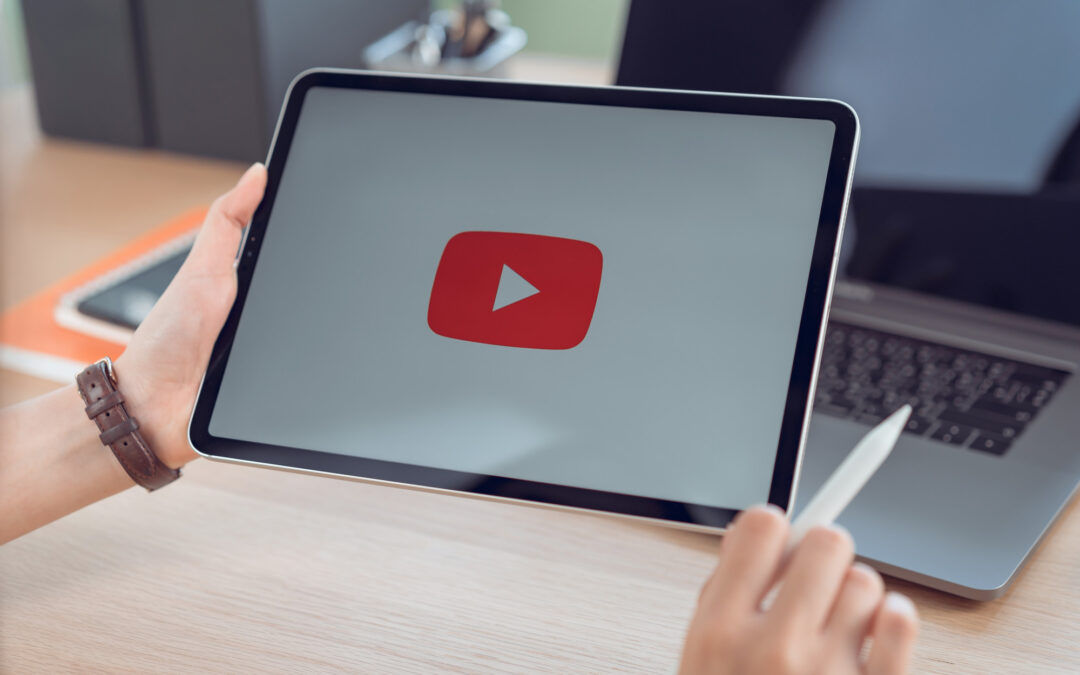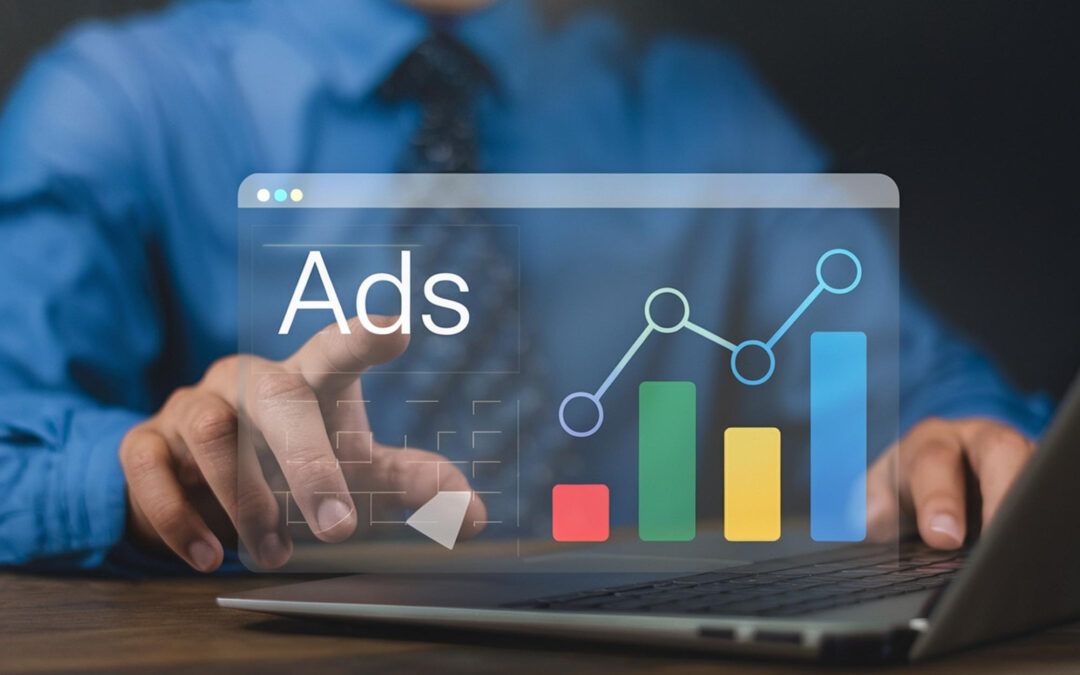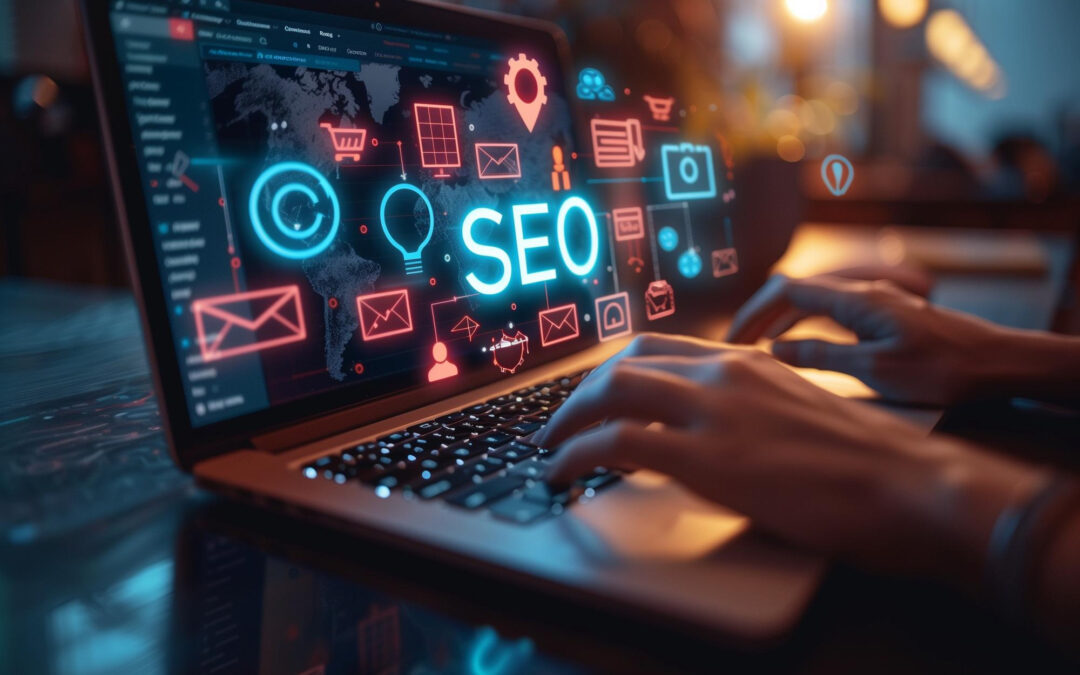What is On-Page SEO?
On-page SEO is the process of optimizing individual web pages to improve their visibility in search engines and drive more relevant traffic. It focuses on both the content and the HTML source code of a page—unlike off-page SEO, which focuses on external factors such as backlinks and social signals.
A strong on-page SEO strategy ensures your website is not only readable by humans but also easily understood by search engine crawlers. The goal is to help search engines interpret your content, identify its relevance to specific keywords, and rank it higher in search results.
When implemented correctly, on-page SEO improves your site’s performance, enhances user experience, and increases your chances of reaching top positions in Google and other search engines.
Essential Settings
To make the most out of your on-page SEO, it’s crucial to configure the right SEO settings across every page of your website. These settings provide structure and clarity for both search engines and users, ensuring your content performs at its best.
Tags
Tags are among the most fundamental components of on-page SEO. They help search engines understand the context and hierarchy of your content. The most important tags include:
- Title Tags: Your page title is one of the first things both users and search engines see. Keep it under 60 characters, include your target keyword, and make it engaging.
- Meta Descriptions: Although not a direct ranking factor, a compelling meta description improves click-through rates. Keep it concise (under 160 characters) and relevant to the search intent.
- Header Tags (H1, H2, H3): Organize your content with clear headings. Your H1 should include your main keyword, while subheadings (H2, H3) should naturally integrate related terms.
- Alt Text for Images: Use descriptive alt text for all images to improve accessibility and help search engines index visual content.
Optimizing these tags ensures your pages are properly structured and aligned with your on-page SEO strategy.
Content
High-quality content is at the heart of effective on-page SEO. Search engines prioritize pages that deliver value, clarity, and relevance to users. Here’s how to optimize your content effectively:
- Keyword Placement: Naturally include your target keyword in the first 100 words, headings, and throughout the text—but avoid keyword stuffing.
- Content Length: Longer, in-depth content tends to rank better. Aim to fully answer user queries with valuable information.
- Readability: Use short sentences, bullet points, and clear formatting. This improves user experience and keeps visitors on your page longer.
- Internal Linking: Add links to related pages on your site to help search engines crawl your site more efficiently and distribute authority evenly.
- User Intent: Ensure every page addresses the intent behind your chosen keywords—whether informational, navigational, or transactional.
By optimizing your content with both users and search engines in mind, you strengthen your overall on-page SEO strategy and improve long-term performance.
On-Page Tools
There are many tools available to help you manage and improve your on-page SEO. These tools simplify the process of analyzing data, spotting optimization opportunities, and ensuring all your SEO settings are correctly configured.
Some of the most effective tools include:
- Yoast SEO (WordPress): Helps optimize title tags, meta descriptions, and readability.
- Google Search Console: Monitors performance, indexing issues, and keyword visibility.
- Ahrefs & SEMrush: Provide in-depth audits, keyword tracking, and content analysis.
- Surfer SEO: Offers real-time optimization recommendations for keyword density and content structure.
Using these on-page SEO tools allows you to refine your content strategy, maintain consistent optimization, and stay competitive in your niche.
Conclusion
A strong on-page SEO strategy starts with mastering the essentials—optimized tags, high-quality content, and the right SEO tools. Each element works together to enhance visibility, engagement, and search engine rankings.
If you want expert help setting up or improving your on-page SEO, Strattz can guide you through every step. Contact Strattz today to optimize your website and boost your organic performance!










